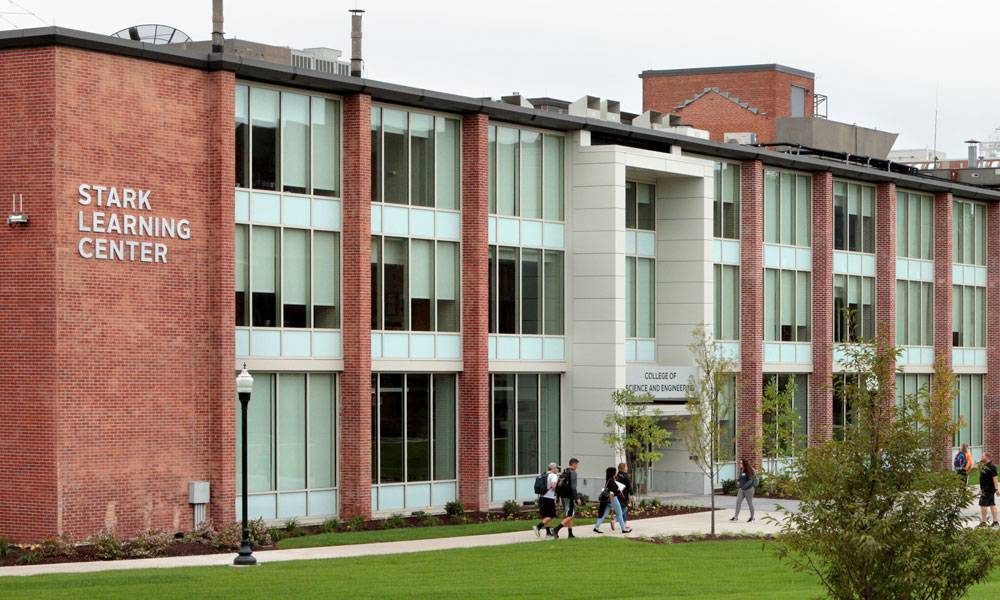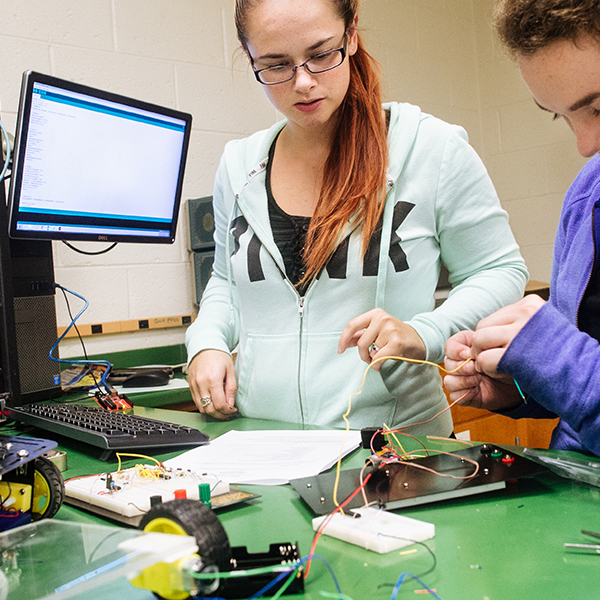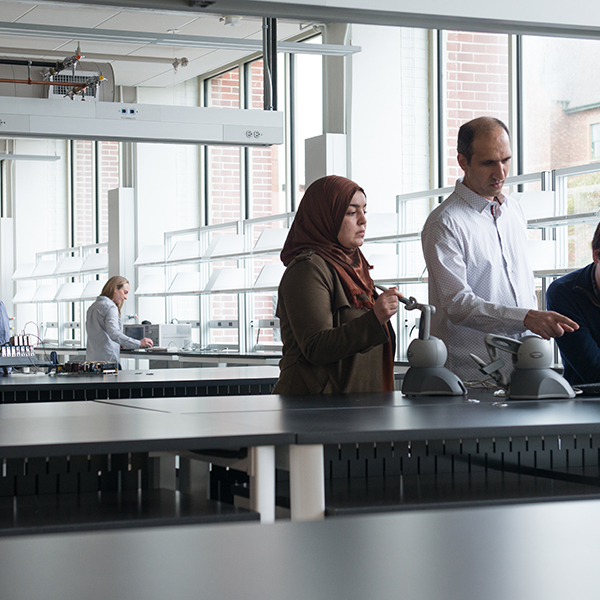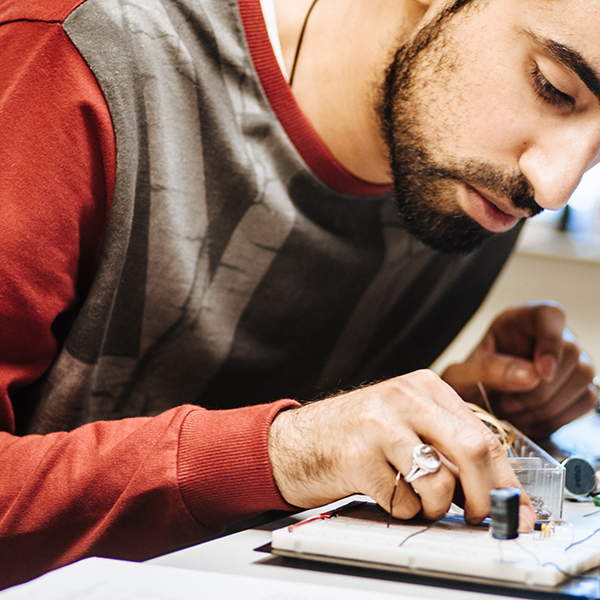Advance health science. Reimagine medical treatments. Engineer new devices. A master's degree in bioengineering makes it possible with a cutting-edge curriculum taught by internationally-recognized faculty experts.
Upcoming events to be announced.
Program Snapshot
| Program Type | Format | Credit Hours |
|---|---|---|
| Master's Degree | On Campus | 36 |
Why Study Bioengineering at Wilkes?
As a student in the bioengineering master's degree program, you'll benefit from hands-on experiences unparalleled at other institutions in the region. Lab and classroom instruction include training in cell and molecular techniques, bioinformatics, 3-D imaging and design software and instrumentation, and various simulation technologies. You will use the state-of-art Mark Engineering Center which uses the latest professional technology to ensure you are prepared for your next step, whether that be an advanced career in the field, a research position or a PhD program.
What Will You Learn in the Bioengineering MS Program?
- Advanced engineering concepts blended with biology, medicine and computer sciences innovate our students to develop new medical devices and biochemical or synthetic organisms for solving medical, industrial or environmental problems.
- Design artificial limbs, joints, tissues and organs as well as build diagnostic equipment, monitoring devices and drug delivery systems in biomedical engineering studies.



